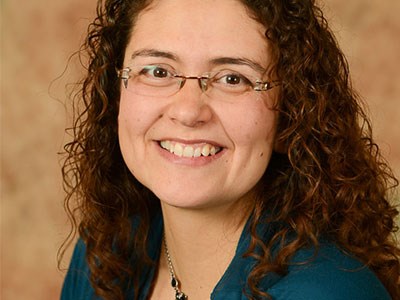Jennifer David would be perfectly content to work herself out of a job.
As the manager of the Aboriginal consultant group Stonecircle, if the idea is to give First Nations communities the tools to understand the nuances of economic planning, policy development, and resource development planning, she reasons, then eventually they will build the capacity to do it on their own.
It all hearkens back to the company motto: “Your vision. Our insight.”
“The community already has a vision,” said David, who hails from the Chapleau Cree First Nation. “The reason why they’re calling in a consultant, they already know where they want to be, they know the end results, but we add our insight, because they’re not exactly sure how to get there. So we help build a little road map.”
Ottawa-based Stonecircle is one in a triumvirate of partners that offers a range of services designed to assist First Nations communities in managing everything from economic development and strategic planning to communications and event planning.
Along with Consilium Consulting Group and Aarluk Consulting — meaning “whale” in Inuktitut, the group is based in Nunavut — Stonecircle employs 18 people. Morphing into one large company last September has given the trio the means to take on bigger projects, as staff and their talents can be shared between projects and districts.
David said First Nations are facing more pressure these days, as they get more involved in developing projects in the resource, forestry and energy industries. With the influx of mineral exploration projects in particular, communities want to “get their own house in order,” by completing land use plans and comprehensive community plans so that they feel confident when it comes to negotiating with the companies that come calling, she said.
“Some of them have been savvy enough to figure out how to deal with mining companies, but not all of them are,” she said.
What’s unique about Stonecircle is its focus on First Nations communities. Though there are plenty of opportunities to work with both the public and private sector, David said the company made a strategic decision at the board level to focus solely on the needs of communities and non-profit organizations.
Their benchmark for taking a job must answer the question, ‘If we take on this work, how will it benefit people at the community level?’
“We could become a government consultant, but we don’t want to be seen as just that,” she said. “We don’t want to jeopardize opportunities to work at the community level. It takes time to build relationships with First Nations, and that’s where we want to focus our time and energy, and where most of us have our passion anyway.”
Stonecircle has an impressive list of clients, but David believes there’s still work to be done.
She points to the frustrating tendency of First Nations to hire big-name consultants from Toronto; because they demand a higher dollar, they are seen as having more expertise and are expected to deliver better results.
But Stonecircle’s employees all hail from small towns, or have lived in Nunavut, the Far North or Northern Ontario, and understand the challenges implicit in living in those more isolated areas of the country. David believes it helps them empathize with their clients to achieve tangible, lasting results.
“Growing up in Chapleau and what I had seen, consultants come in from Toronto and they have these wonderful, flashy in-the-box solutions,” David said. “They don’t work, and the reports sit on a shelf, and that’s always the bad taste consultants leave in the mouth: it all sounds good, but when you really try to make it real, it just doesn’t work.”




